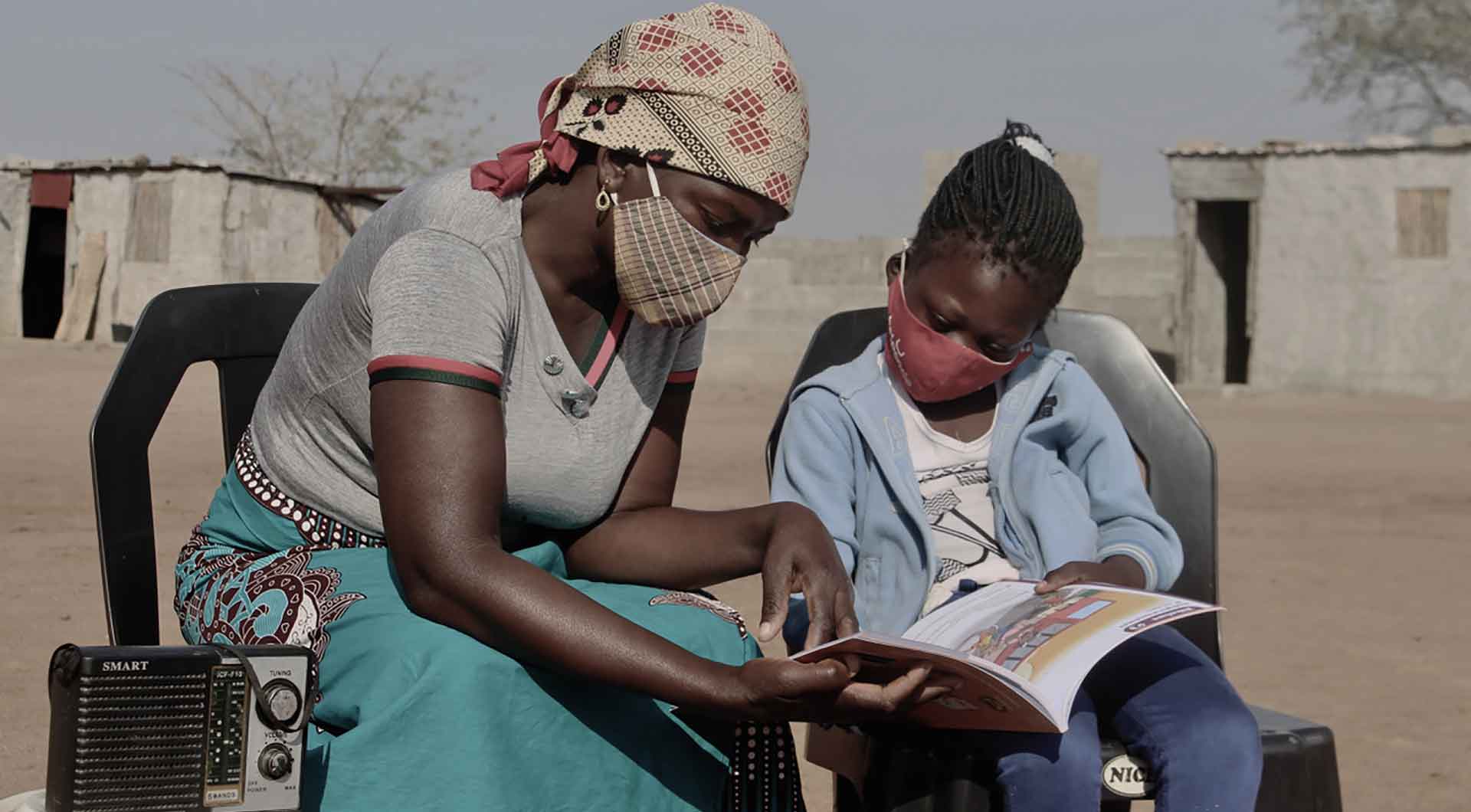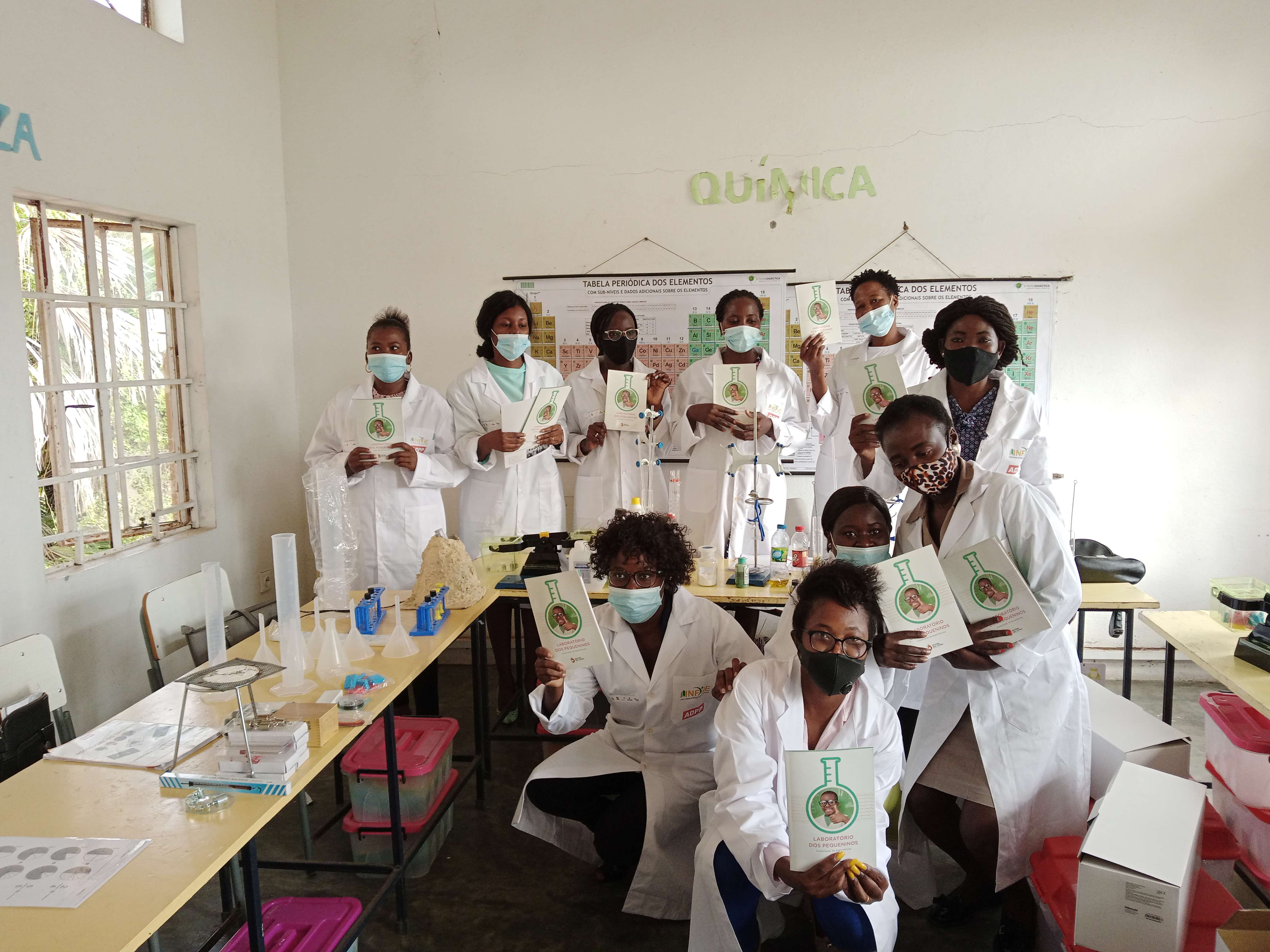

Humana People to People advocates for a transformative approach that recognizes the unique needs and challenges faced by individuals in all their diversity, including women and girls who suffer the consequences of gender inequalities. Many women face limited access to education, healthcare, and economic opportunities, which perpetuates their economic dependence. Unequal participation in decision-making processes and the prevalence of gender-based violence and discriminatory norms further exacerbate these disparities, hindering overall progress and development.
Incorporating a gender lens is crucial in developing cooperation projects to address the realities and unique needs of girls and women worldwide. Addressing these inequalities is not only a matter of justice but also a critical step toward properly achieving sustainable and inclusive development.
On the occasion of International Women's Day, we would like to share our commitment and approaches to embedding gender equality principles and practices across our various areas of work. In all projects, we make a concerted effort to work with and empower those who face intersecting forms of discrimination; this includes women and girls with disabilities and women living in poverty, among others. Our goal is to make every project gender-responsive at the very least (e.g. to take into account and address the distinct needs of men and women) and whenever possible, gender-transformative (e.g. to challenge and change existing gender norms and power dynamics for greater equality and empowerment), thus contributing to the creation of a more just, equitable, and resilient world for all.
How we mainstream gender into our areas of work
Our Climate Change and Agriculture work fosters equitable opportunities, and promotes the leadership and agency of women within the agricultural sector. By integrating a gender lens into our agricultural programs and initiatives, we empower women to participate actively in and benefit from agricultural value chains. Simultaneously, we engage local communities to facilitate and bolster these transformative changes.
Through our "Farmers' Club" programmes, we provide holistic support to small-scale farmers, integrating gender perspectives to foster women's participation, increase agricultural productivity, and build resilience to climate-related challenges. Within the “Support for Angolan Women Farmers” project, our member ADPP Angola has engaged 6,000 smallholder farmers, predominantly women, organized into Farmers' Clubs across 120 communities, from Malanje, Cuanza-Norte, Cuanza-Sul, Luanda, Huíla, and Namibe. The intervention includes tailored training, support for economic participation, literacy enhancement, and the establishment of networks to address gender-based violence, thereby promoting women's agency and contribution to sustainable agriculture and economic development.
Poverty, geographical isolation, minority status, disability, early marriage and pregnancy, gender-based violence, and traditional attitudes about the status and role of women and men are among the many obstacles that prevent girls and young women from fulfilling their right to participate in, complete, and benefit from education. Addressing these challenges and enhancing girls' education not only bolsters economies and reduces inequality but also fosters resilient societies where individuals can realize their full potential, necessitating a comprehensive approach beyond mere school access to ensure learners' safety and support in pursuing their chosen paths.
Within education, our members – in collaboration with national governments – operate 55 teacher training colleges, 16 TVET schools. Additionally, we run schools and educational programmes for in- and out-of-school children, among others. Gender responsiveness and transformation is at the core of all our educational programmes. Demonstrating a gender-transformative approach to address educational gaps, initiatives like the Samarth Education Program, implemented by our member HPP India, empower 2,000 adolescent girls through post-school tutoring, foundational learning support, and holistic development. We also support their physical and emotional health with personal development and wellbeing training.
Achieving optimal health outcomes requires a gender-responsive approach that addresses the unique health needs and challenges faced by individuals in all their diversity. By integrating gender perspectives into our health programs and initiatives, we aim to reduce gender-based disparities, empower women and girls, and promote the overall well-being of communities.
Our health projects work with 9.5 million people to focus on the world’s biggest health challenges: total control of the HIV and AIDS epidemic, fighting the spread of TB, taking part in eliminating malaria, and improving nutrition. In 2022, the Hope Youth HIV Prevention project made a significant impact across five provinces in Zambia. The intervention, implemented by Our member DAPP Zambia, focused on improving the sexual and reproductive health of young people, reducing Gender-Based Violence (GBV), and providing integrated outreach health services for adolescents. The project also trained paralegals who worked with one-stop centers, victim support units and local courts to ensure that survivors of GBV have access to legal services and justice.
To achieve holistic development, we harness the forces of communities, working with them to prioritize needs and solutions to achieve true community-led development. Our interventions empower women and girls to participate in decision-making, access resources, and contribute to the social, economic, and environmental well-being of their communities. Women and girls work hand-in-hand with men, boys, and local leaders to ensure that inclusive empowerment and development takes place in an enabling environment.
Our community development projects in rural areas in Africa, Asia and Latin America are working with 3.4 million people. These projects center on local “action groups'' in which people get together, identify their needs, make plans for sustainable development, and take action. Through the “Strengthen, Empower, Enforce - Human Rights” (SEEHR) project, our member HPP Belize has conducted human rights trainings among women of Belizean rural communities to raise their awareness, build their capacity, and become empowered about their rights as they relate to gender-based violence, reproductive health, human trafficking and sexual harassment, among other areas.
Here is the link to access our Gender Capacity Statement: https://www.humana.org/images/publications/gender-capacity-statement.pdf